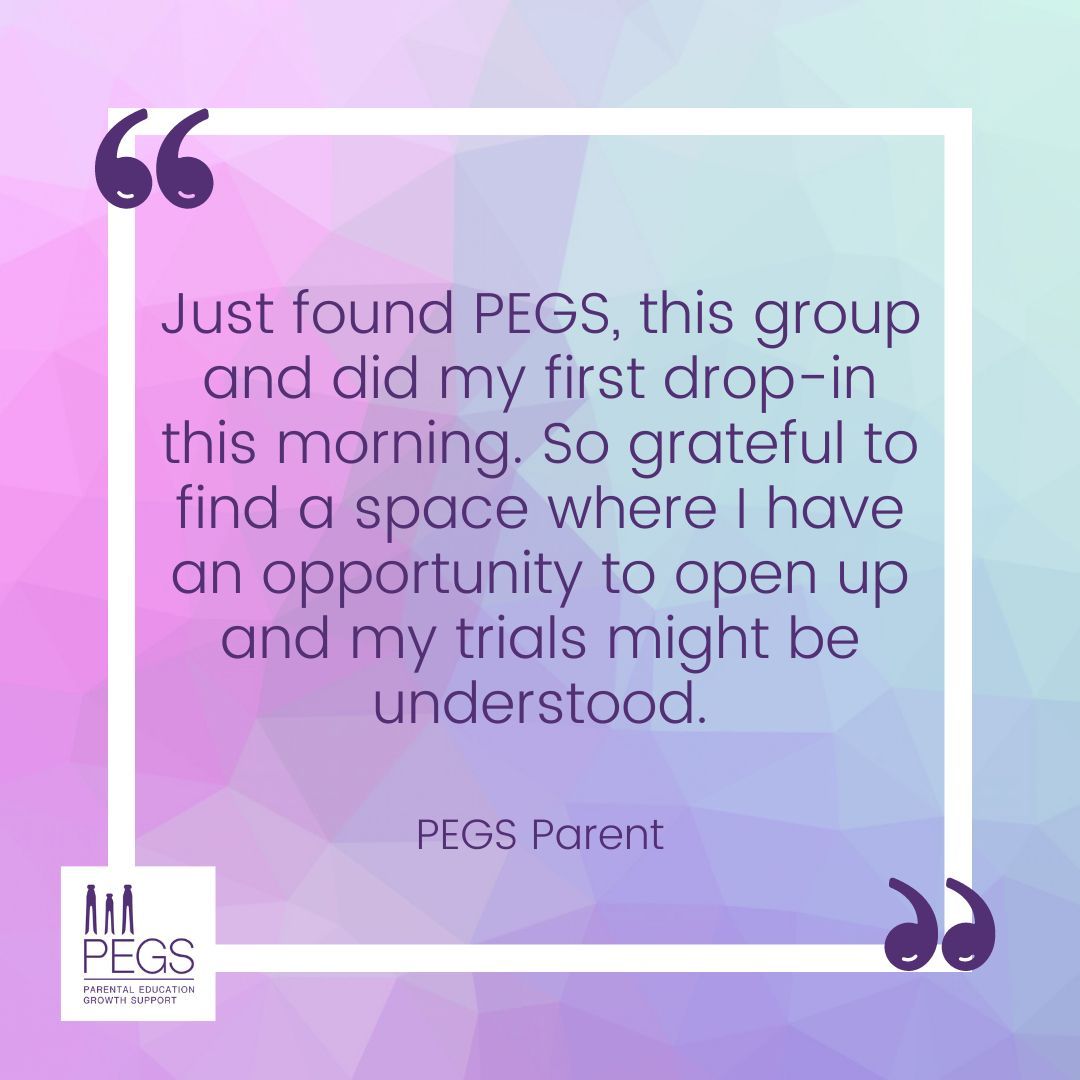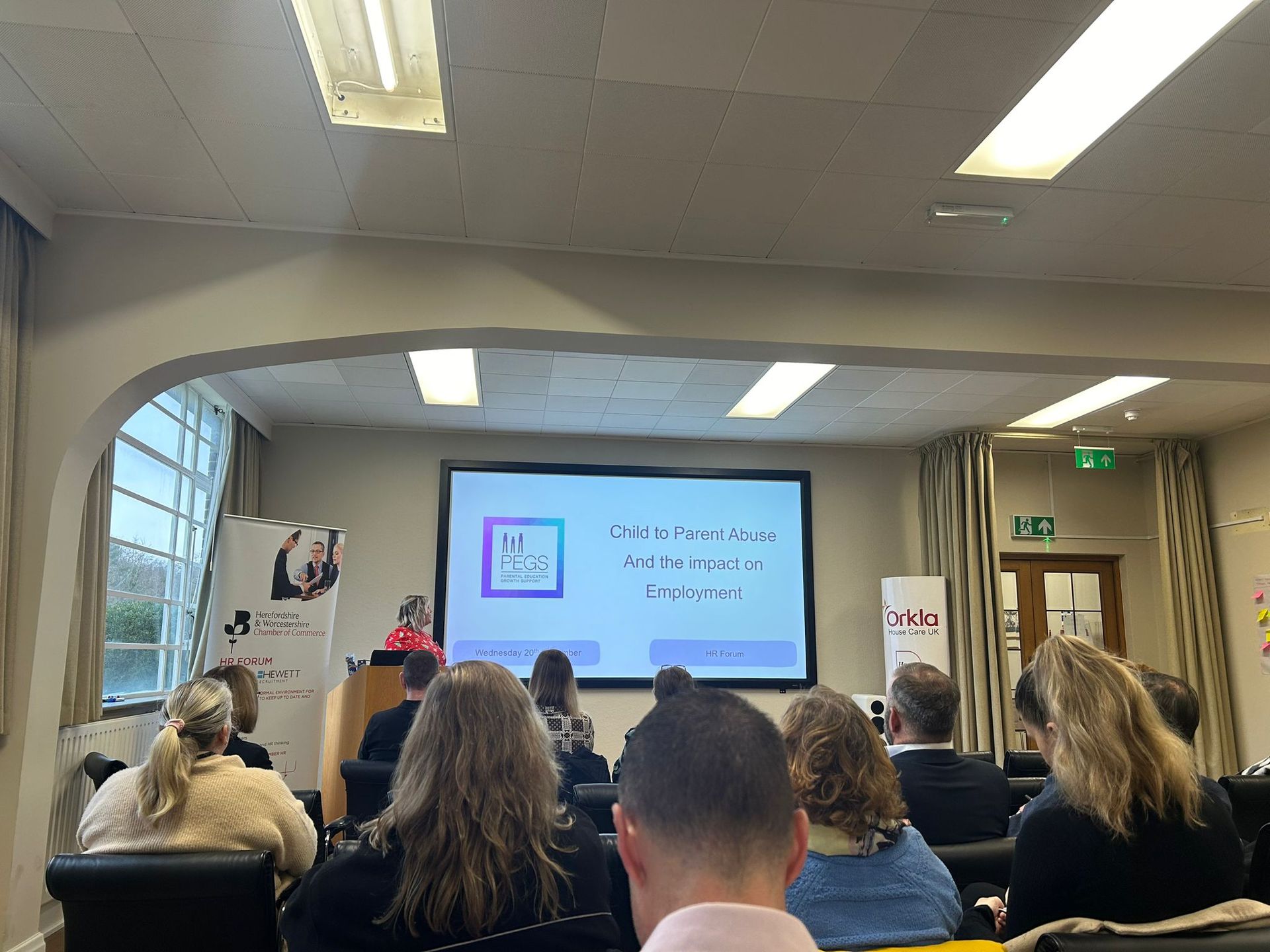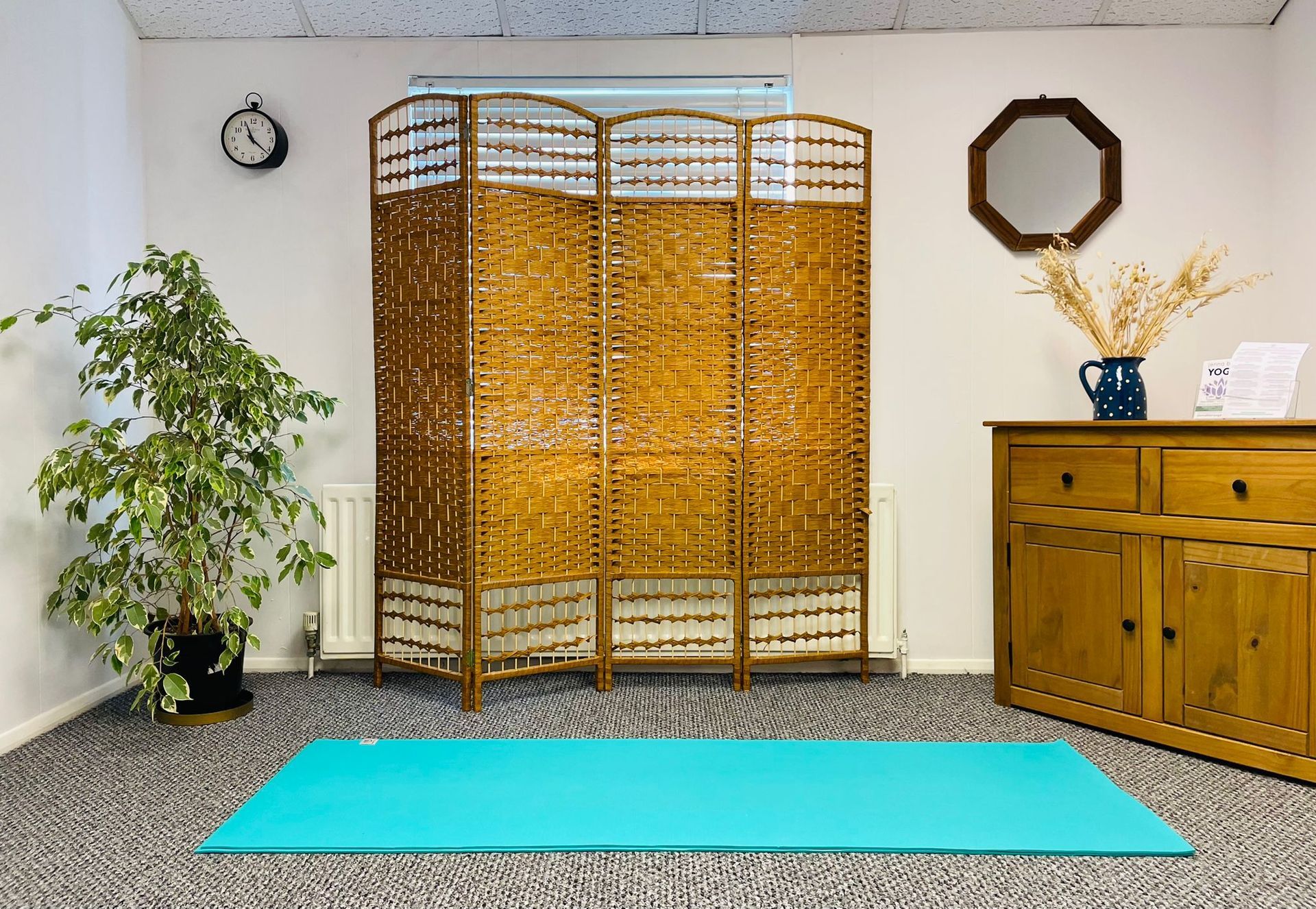PEGS' 2023 Recap
PEGS' 2023 Recap
PEGS' 2023 Recap
As we move into 2024, let’s reflect on 2023; it's with both pride and gratitude that we look back on a year filled with achievements, growth and meaningful connections at PEGS. From awards and promotions to impactful radio appearances and expanded training initiatives, our journey over the past 12 months has been nothing short of impactful.
One of the highlights of the year has been the heartening feedback from numerous parents who have shared their experience with PEGS on their CPA (Child to Parent Abuse) journey. We are honoured to have made a positive impact on these parents, guardians & carers, reaffirming our commitment to providing essential resources and support for those experiencing CPA.

Our founding director Michelle John, took centre stage multiple times in 2023 on both the radio and at seminars this year, passionately raising awareness about Child to Parent Abuse and reassuring parents that they are not alone. Through these broadcasts, we've strived to break the silence surrounding this issue and foster a sense of community among those facing similar challenges.
The Child to Parent Abuse Covenant (CPAC) was launched in 2021, with the backing of the Department for Work and Pensions, due to 70% of parents at that time telling us how their work had been impacted because of the abuse from their child. Celebrating 2 years of CPAC, we wanted to highlight employers who have or were about to sign up to the covenant and to encourage further employer commitment whilst raising awareness to child to parent abuse. This was a very successful event and a true highlight for last year.

The year 2023 brought not just recognition but also growth, both externally and internally. PEGS and our dedicated staff received nominations and won awards, a testament to the unwavering dedication and excellence exhibited throughout the year. This growth has allowed us to extend our reach and assist even more parents, with new members joining the PEGS family and two well-deserved internal promotions—congratulations, Ellie & Sophia!
In response to the increasing demand for knowledge and support, we introduced more workshops, providing valuable information and training to parents and professionals. Our goal is to equip our community with the tools they need to recognise Child to Parent Abuse and spread awareness.

As we set our sights on 2024, the horizon looks promising for PEGS; we have new workshops coming, further expanding our offerings to further knowledge and understanding as well as the introduction of our online yoga sessions, promoting not only mental well-being but also offering a unique way for our community to connect. Starting in February, our new Walk & Talk sessions will provide an opportunity for PEGS Parents to engage in meaningful conversations with our practitioners while enjoying the benefits of physical activity and a safe space.
Our commitment to furthering support practices for parents and professionals remains unwavering. As we venture into the new year, we aspire to build on the successes of 2023, fostering growth and extending our reach to help even more individuals. With gratitude for the past and enthusiasm for the future, here's to a transformative 2024 at PEGS.
Interested in reading some of the articles PEGS featured in last year? You can find them here:
- What we know now about older victims of domestic abuse
- Shrewsbury based social enterprise set to host conference in London
- Parents being violently assaulted by their children cry out for more support | 5 News investigation
- PEGS attend the Derbyshire Victim Services Celebration Event
Shropshire enterprise finds a quarter of parents abused by own child say it started before age six





